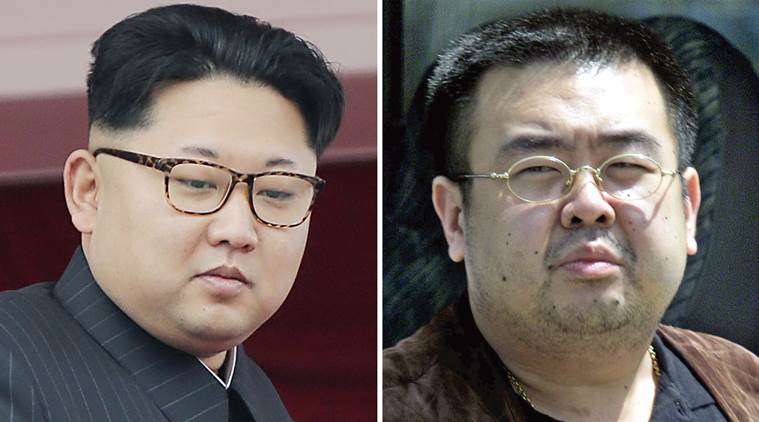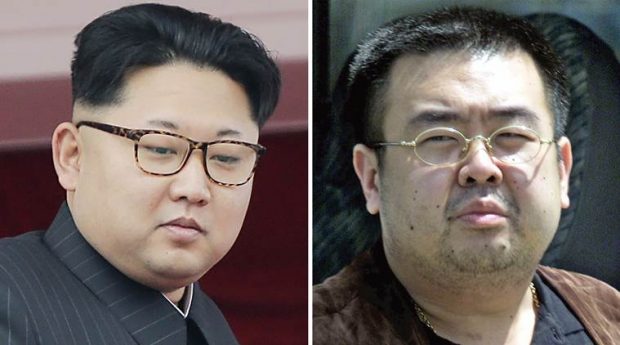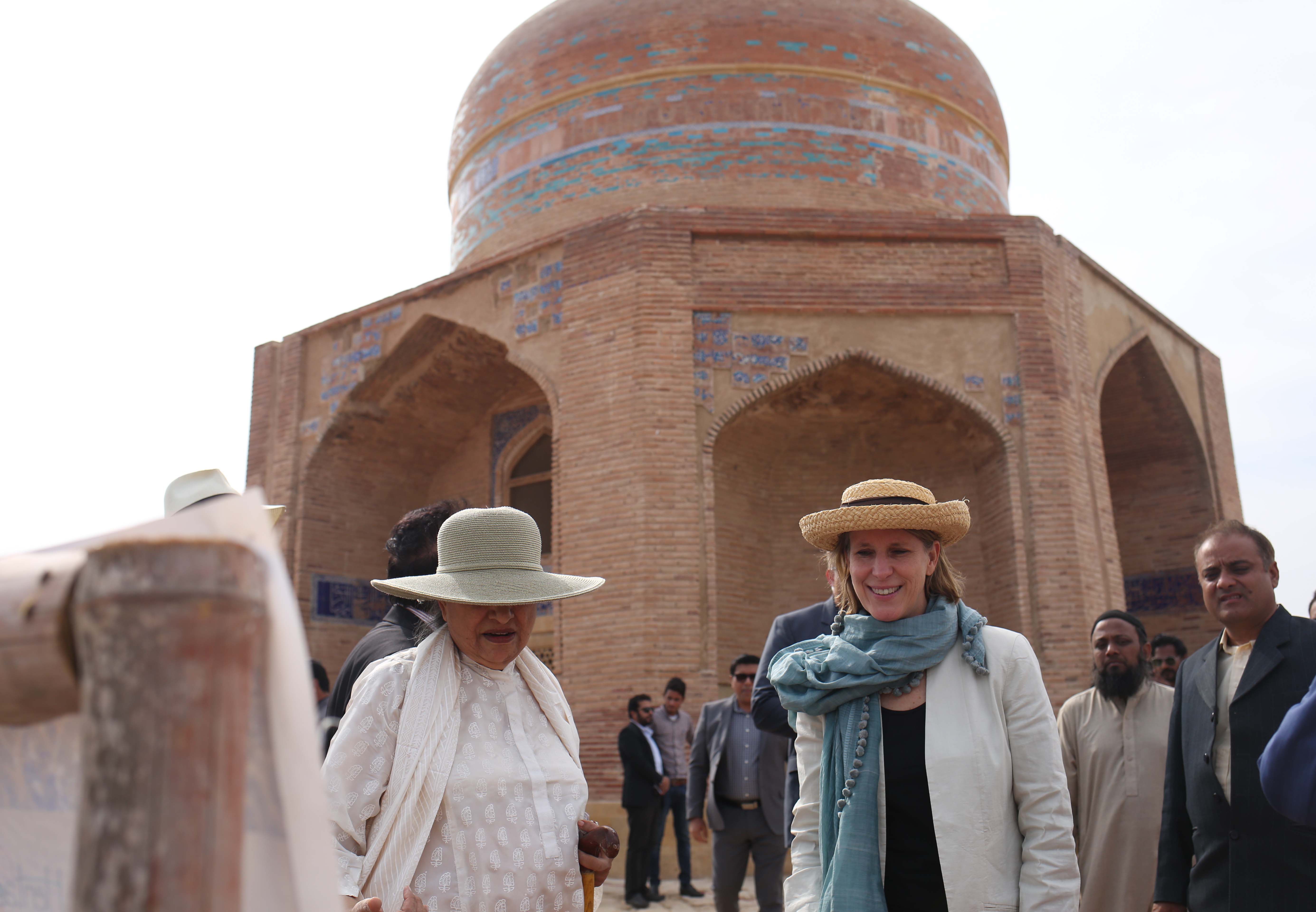
History is full of political assassinations
 Pakistan is perhaps one of the few nations of the world where the people take a keen interest in the developments taking around the world. The reports about the murder of Kim Jong-nam, the half-brother of North Korean leader Kim Jong-eun, in Kuala Lumpur, Malaysia, on February 13 were also published and telecasted by Pakistan’s print and electronic media and were read and watched by people but they didn’t take much interest, as the nation itself was under a series of barbaric suicide attacks by the notorious Islamic State terrorists.
Pakistan is perhaps one of the few nations of the world where the people take a keen interest in the developments taking around the world. The reports about the murder of Kim Jong-nam, the half-brother of North Korean leader Kim Jong-eun, in Kuala Lumpur, Malaysia, on February 13 were also published and telecasted by Pakistan’s print and electronic media and were read and watched by people but they didn’t take much interest, as the nation itself was under a series of barbaric suicide attacks by the notorious Islamic State terrorists.
The first suicide attack took place in Lahore, the capital of Punjab province when scores of the people were staging a protest demonstration against government policies outside the provincial assembly, which killed dozens of innocent people. Very next day four suicide attackers targeted the people and security agencies in different areas of country and on February 16, the shrine of a Sufi Sain Qalandar Lal Shahbaz in remote Sehwan town of Sindh province was targeted by suicide bombers killing 88 devotees and injuring over 350 when they were performing ‘Dhamal’, a spiritual dance. The nation is still in the state of shock and grief.
As far as the murder of Kim Jon-nam is concerned, the history is full of such murders that had been taking for the sake of occupying the seat of power. In the Indian subcontinent, the rule of Mughal Emperors is a big example of such murders, when the Emperors used to imprison and even kill their brothers and in certain cases, the Emperors did not spare the fathers.
Although, it has not yet been established that North Korean regime of Kim Jon-eun is behind the murder of Kim Jong-nam, but the evidence does not rule out such possibility. It may be that the history is repeating itself with the assassination of Kim Jong-nam who could be a threat to the power of the North Korean regime.



